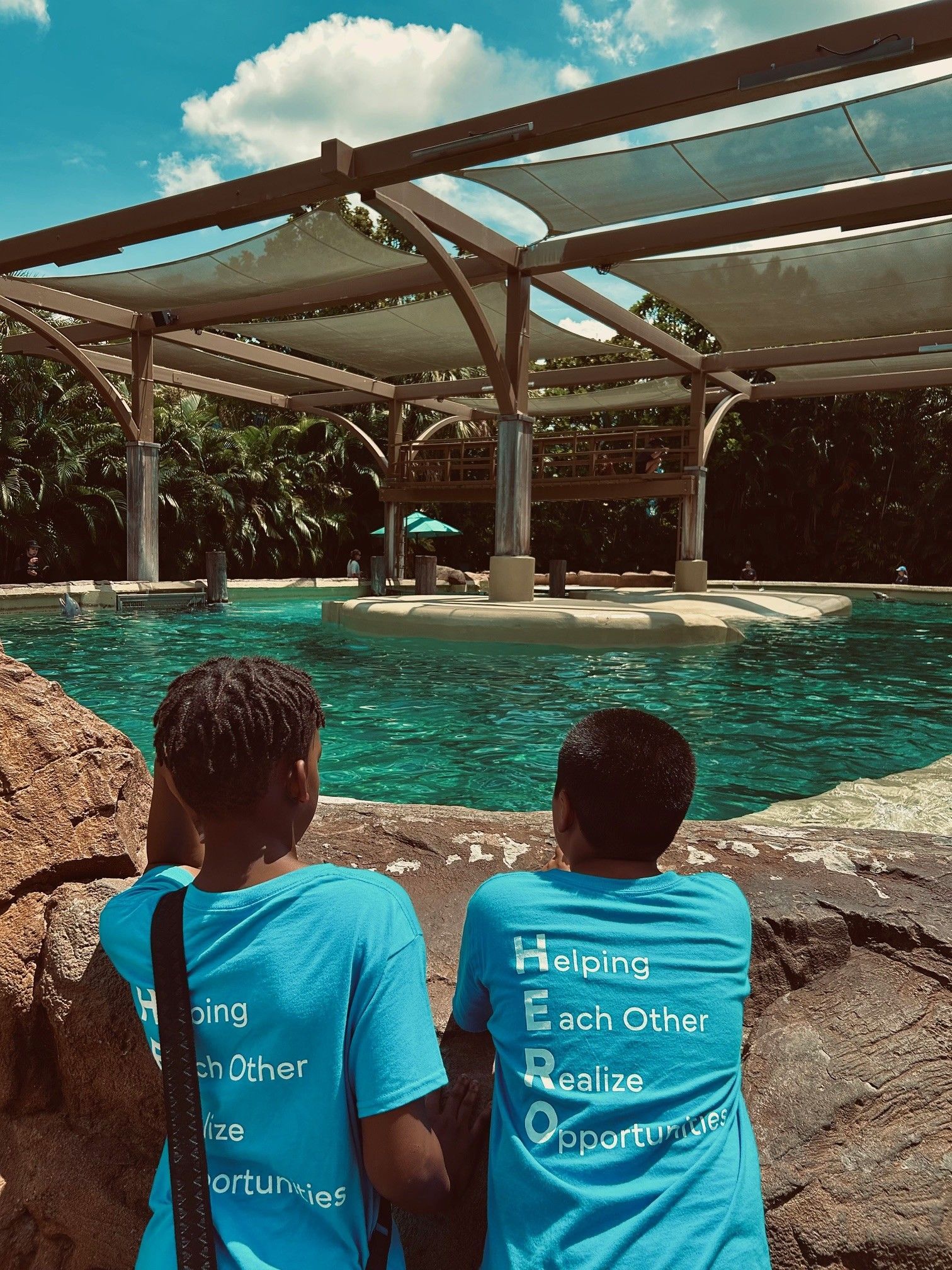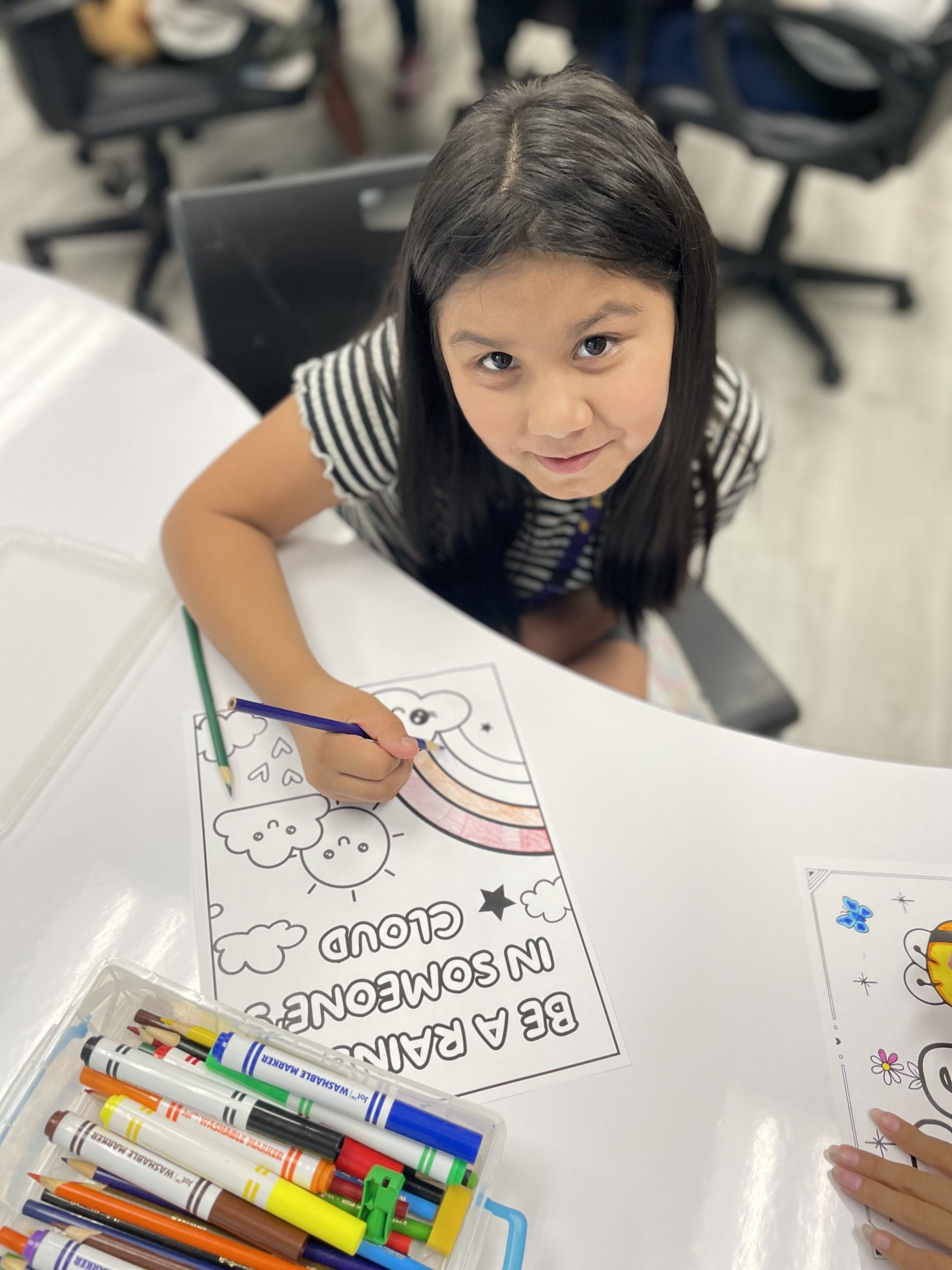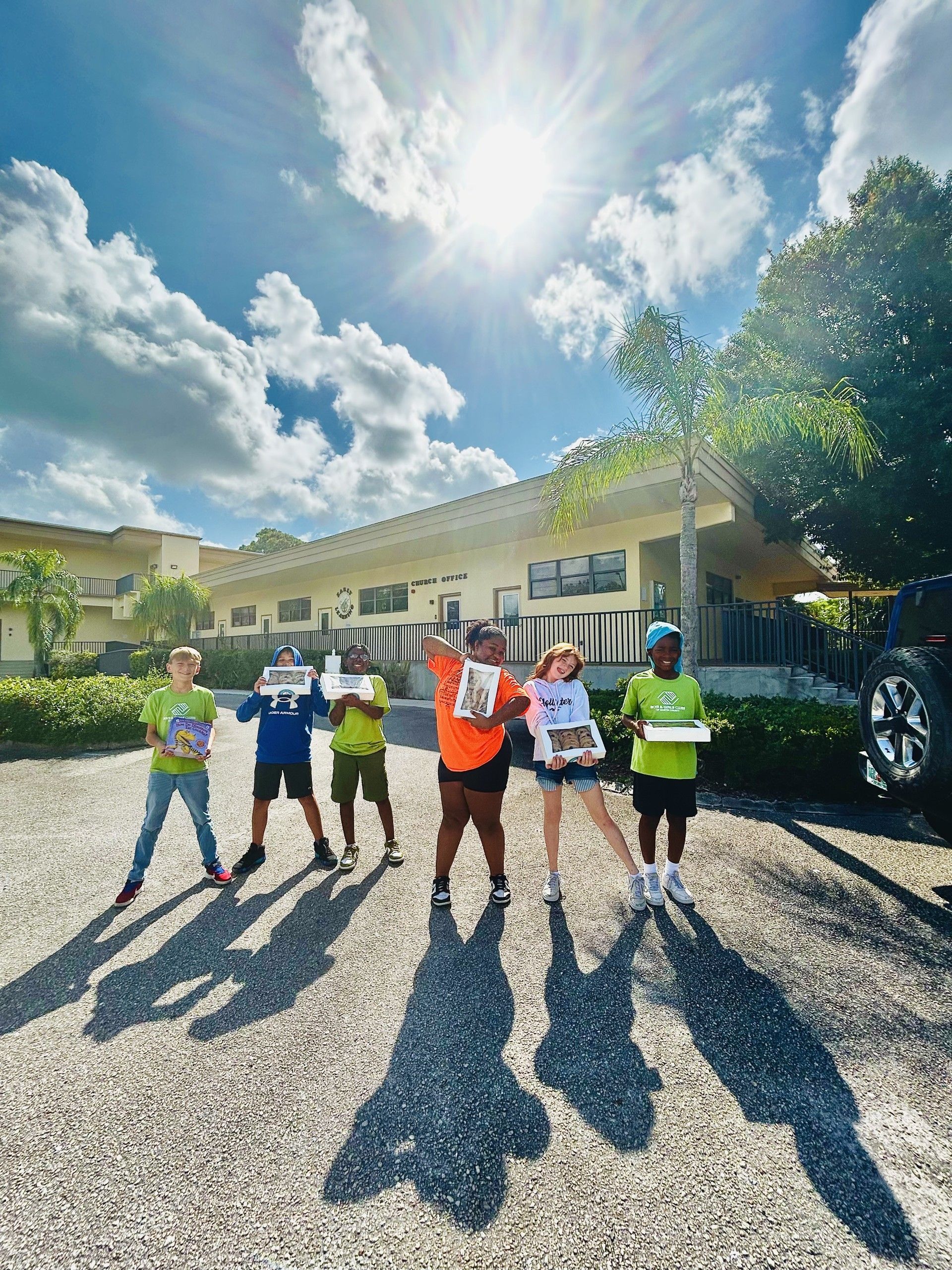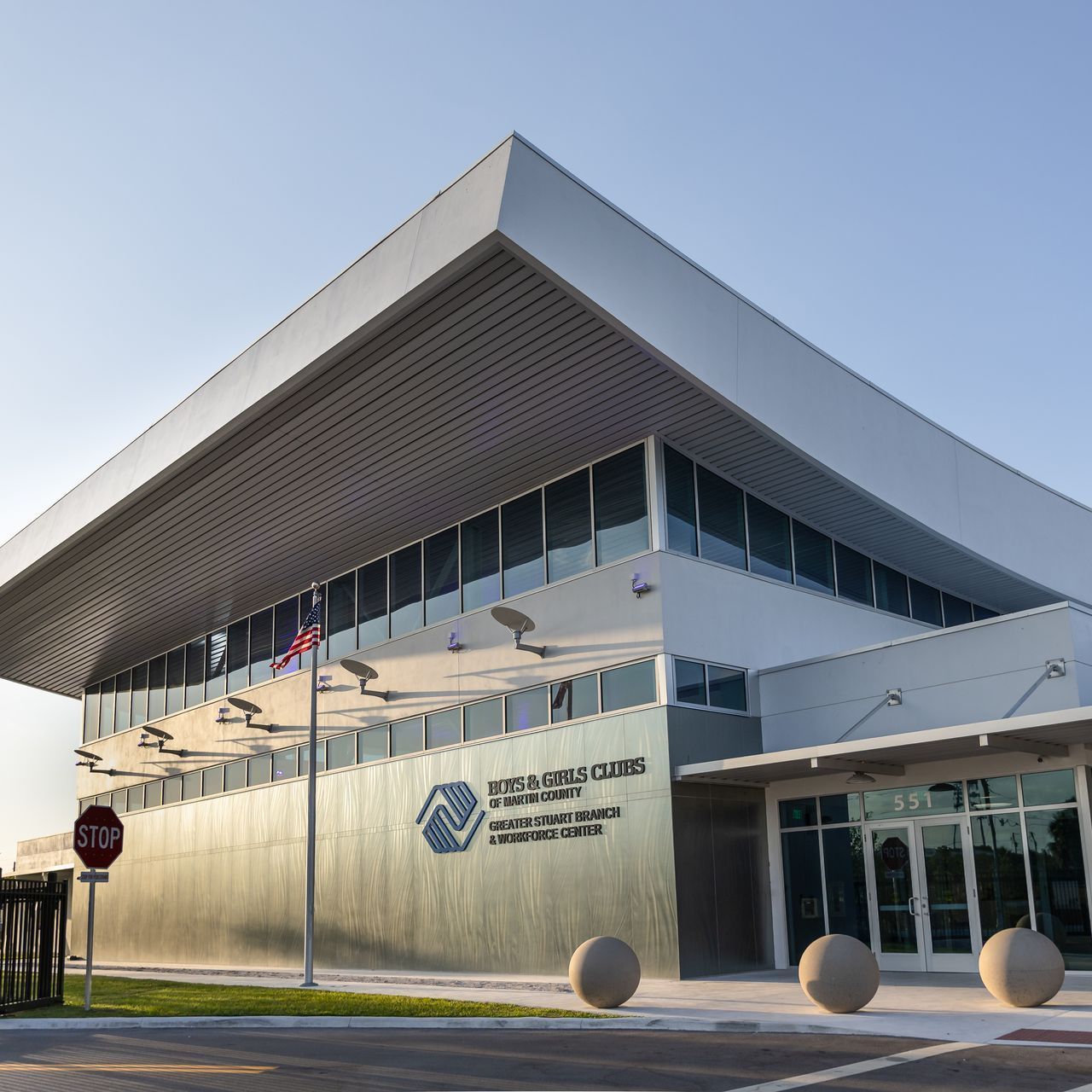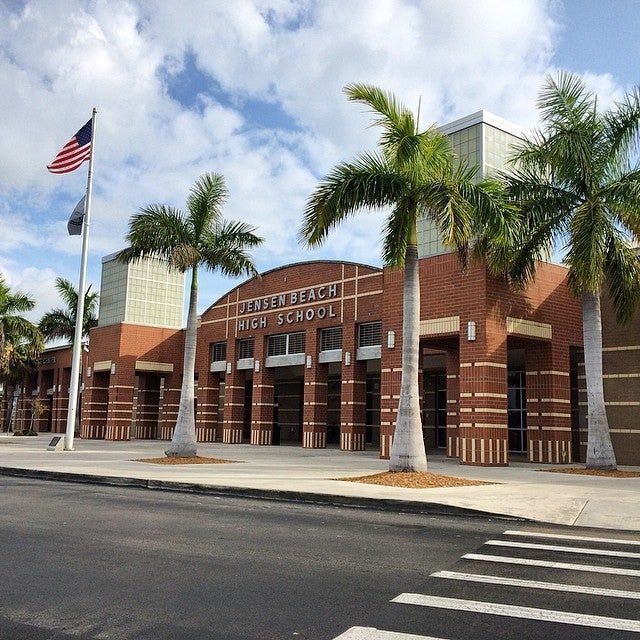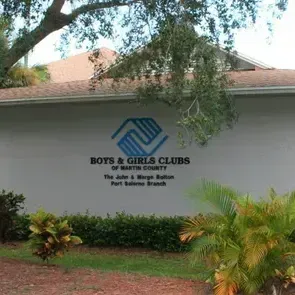Fletch's Perspective September 2025 - Friends & Neighbors of Martin County
Keith Fletcher
Boys & Girls Clubs of Martin County, President & CEO
Everyone gets annoyed with long wait-times and automated responses when on hold with a large corporation’s customer help line. We all tend to recognize that smaller class sizes usually foster better learning environments.
These scenarios share a conclusion in common: People rightly place great value on individualized attention that prioritizes their needs and concerns.
When it comes to caring for the mental health of our members, Boys & Girls Clubs of Martin County takes a comprehensive and highly personalized approach. Credit goes to our therapists—led by a licensed clinical social worker and composed of credentialed counselors who provide trauma-informed, confidential, solution-focused therapy.
While there’s much greater awareness today about the mental health challenges many young people endure, the numbers still bear repeating: A 10-year study published by the CDC in 2023 reports as many as one in five children aged 12-17 being diagnosed with mental health conditions such as anxiety and depression. Forty percent of high school students reported a persistent sense of hopelessness. Twenty percent seriously considered suicide. Nearly one in 10 attempted it.
Many children in our care come from difficult home environments. As high as 87 percent hail from low-income households. While limitations of finances, transportation and insurance hinder access to care, the stigma around mental-health counseling does much more so. Fortunately, BGCMC’s creative, consistent approach is overcoming such obstacles.
It begins when the kids walk through our trademark Blue Doors. Club environments by design instill a sense of comfort, acceptance, stability and encouragement. Our therapists build on this backdrop with our four-tier intervention structure.
Tier One enlists not only our certified therapists but the entire staff (teachers, case managers, youth development professionals) in identifying early signs of trauma and knowing how to respond, when necessary, and through a properly informed lens. Also emphasizing youth life skills, this level is vastly layered, incorporating year-around staff training, school-data collaboration, family mental health awareness and more.
Tier Two invites members exhibiting early signs of mental-health conditions (isolating or moderate behavioral outbursts) into our H.E.R.O. (Helping Each Other Realize Opportunities) program, a mentoring program facilitated by therapists in concert with case managers.
Should behavior worsen, the master’s level therapists—employed full-time at every BGCMC club and highly trained in crisis response and one-on-one treatment plans that contemplate the impact of trauma and present workable, sustainable solutions—intervene during Tier Three.
The fourth and final tier connects members to long-term treatment and medication management with trusted mental-health partners.
Through the virtue of extended time together in the club environments, our therapists forge close bonds with the members, becoming consistent examples of positive mentors in their lives. This natural dynamic enabling greater insights than an hour of clinical time traditionally reveals. The wholistic approach incorporating the entire family carries over at home and can positively alter longstanding patterns and reorient how conflicts are resolved.
Best of all for our families, every aspect of this professional care is free.
I’m incredibly proud of the remarkable work our therapists perform. They care for hundreds of kids in a fashion that maintains the fun atmosphere of the clubs for everyone while remaining connected enough to know when to pivot to small groups, individualized therapy or next steps if needed.
They do a lot with a little while making sure the children receive even more in return.
To read the full article and more, click here.
 Translate
Translate